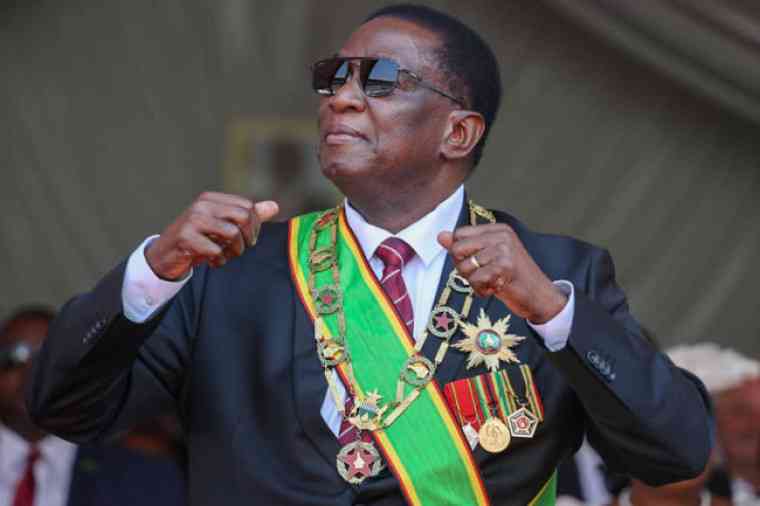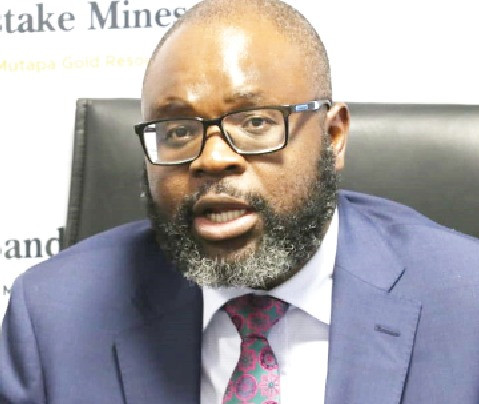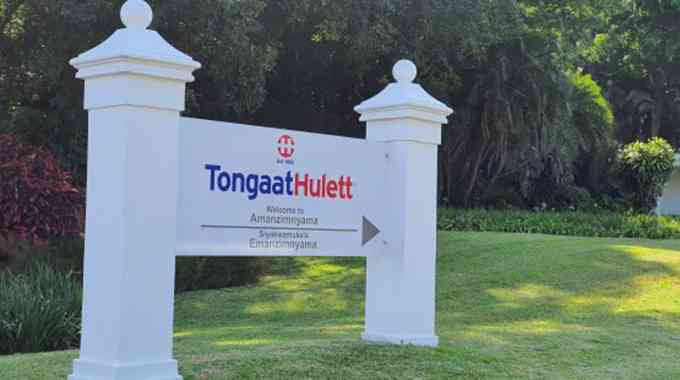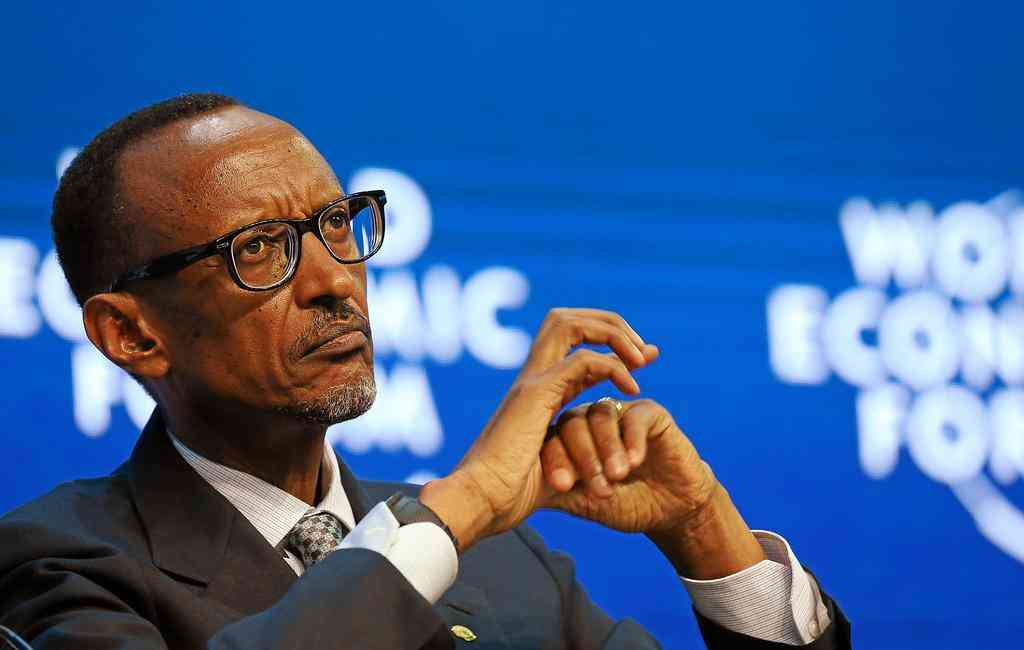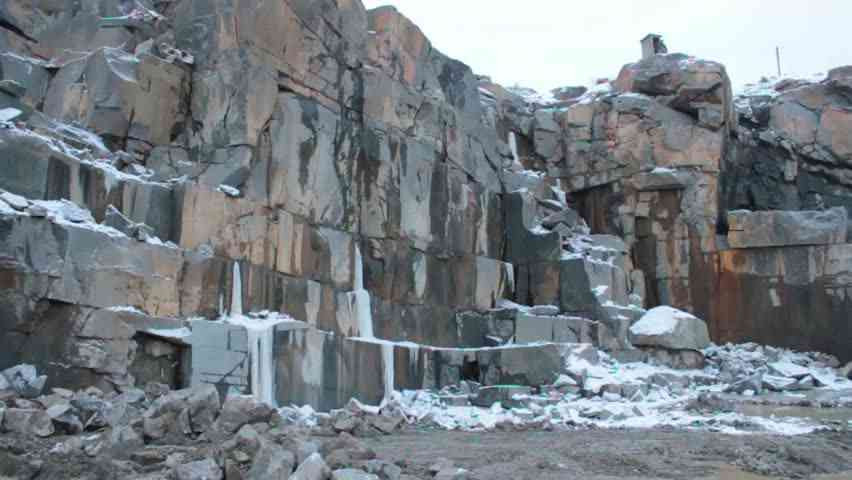
VILLAGERS in Uzumba, Mashonaland East province, are resisting plans by the Chinese firm, Hong Ri, to establish a granite mining plant in the area.
They cite environmental concerns and accuse the company of forging regulatory approvals, the Zimbabwe Independent can reveal.
Black granite mining, predominantly by Chinese investment outfits, is widespread in the region, particularly in nearby Mutoko district.
There, villagers have accused firms of leaving a trail of environmental destruction and damaging culturally significant shrines.
The resource-rich Mutoko district contributes approximately 75% of Zimbabwe’s granite exports, with sizeable shipments sent to China and Europe.
In 2021, this publication revealed scores of villagers in Mutoko faced eviction from their ancestral lands as they pushed back against plans by another Chinese firm, Shangai Haoying Investments, to set up granite extraction operations, also citing environmental worries.
In this latest case, which captures the expanding footprint of Chinese investment in the sector, documents seen by the Independent show villagers in Foto, Jenyura and Magaya are blocking Hong Ri from operating.
They allege the firm has forged an Environmental Impact Assessment (EIA) — an essential document issued by the Environmental Management Agency (EMA) and other authorities to pave the way for such projects.
- Outcry over mine closure
- Outcry over mine closure
- Govt to build residential flats in Uzumba
- Jikinya Dance Festival returns
Keep Reading
An objection letter from representatives of the three villages to the Mashonaland East provincial mining director calls for the termination of Hong Ri’s plans, stating large scale mining “makes any large scale mining operation in this area unsustainable for our livelihoods.”
Excerpts from the letter, which was also copied to the ministries of Mines and of Environment, Climate and Wildlife, read: “The proposed mining project poses an irreversible threat to our community.
Our decision is based on a number of significant and non-negotiable concerns that would negatively impact the sustainability, health, environmental and cultural integrity of our community if not solved with urgency.
“It is very factual that quarrying activities have led to the lowering of water table and the drying up of marshes due to the blasting away of underground aquifers.”
The correspondence highlighted the threat to the Chidye River, a vital water source for villagers and farming.
“The hill and the surrounding area and the surrounding location in which the claims lie is very sloppy and close to the Chidye River. In addition, the location is not only a drainage basin for Chidye River but also for Munwahuku River.
“Leachates from the mining area will eventually contaminate water from the rivers, which is detrimental to the people’s well-being, livestock and crops,” the letter further reads.
The representatives also underscored the project's impact on cultural heritage.
“On the social and cultural side, our sacred cultural shrines will be tampered with as dozens of graves will be exhumed.
“As culturalists in this area, we respect the sanctity of the dead and as such, we are not at liberty to accept a project which will potentially destroy a multitude of graves of our …relatives,” the letter states.
The villagers have also questioned the authenticity of the EIA that Hong Ri reportedly obtained from EMA. They recounted that company officials arrived in the area, claiming the project had the highest-level approvals.
“This prompted us to request for Hong Ri’ EIA report, which upon scrutiny, we are convinced beyond reasonable doubt that the EIA certificate and report from Hong Ri was regrettably fabricated.
“The project address on the cover page of the EIA report is wrongly written as Jenyura Village ward 14 yet the claim borders Foto, Jenyura and Magaya villages.”
However, EMA spokesperson Amkele Sidange confirmed to the Independent that Hong Ri was granted necessary approvals.
“EMA issued an Environmental and Social Impact Assessment (ESIA) certificate to Hong Ri Trading for a planned project running under the name Chiwanda Black Granite Mining but under a strict condition that should be complied with before project commencement,” she said.
“The project proponent identified all potential risks to the environment and suggested abatement measures in the ESIA report to the satisfaction of the agency.”
Questions sent to a Hong Ri’s representative named Liu Xiakun, seeking confirmation that the firm had obtained the requisite EMA approvals, were not addressed.
Similarly, questions sent to the Mashonaland East provincial mining director also drew no response by the time of publication.

